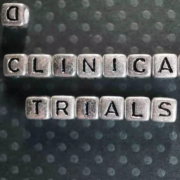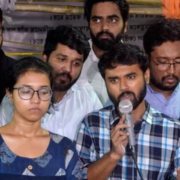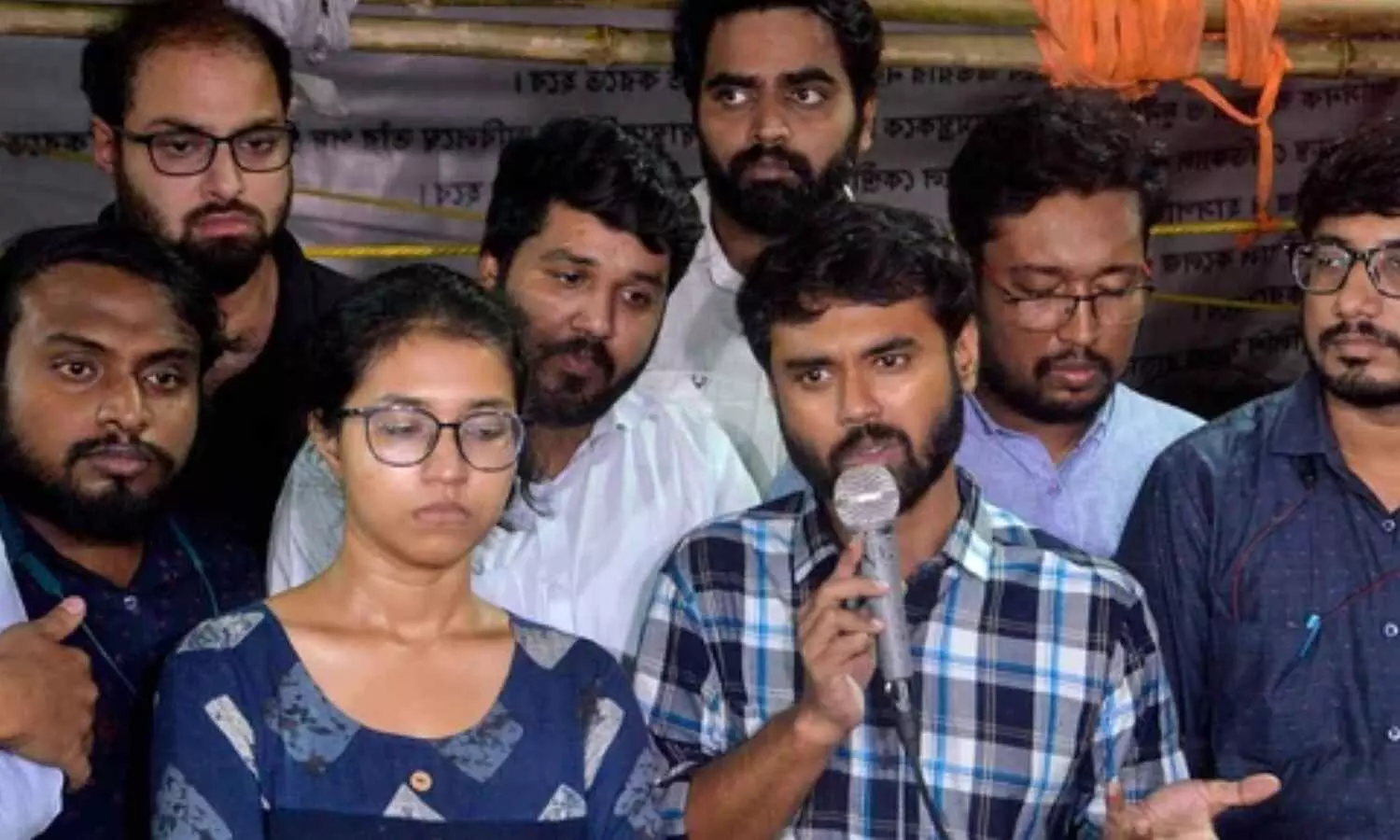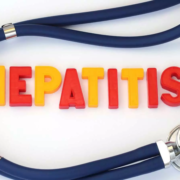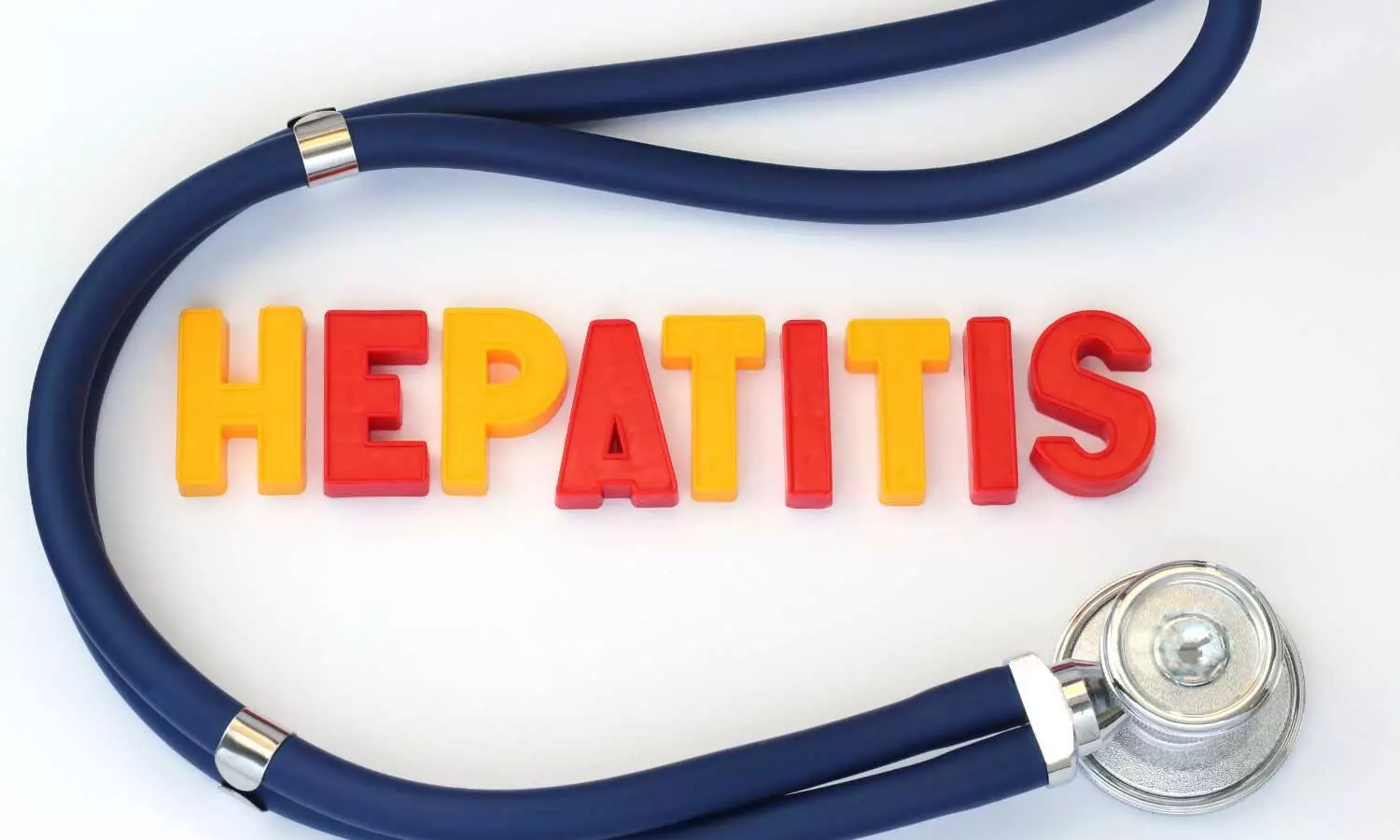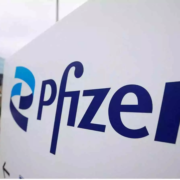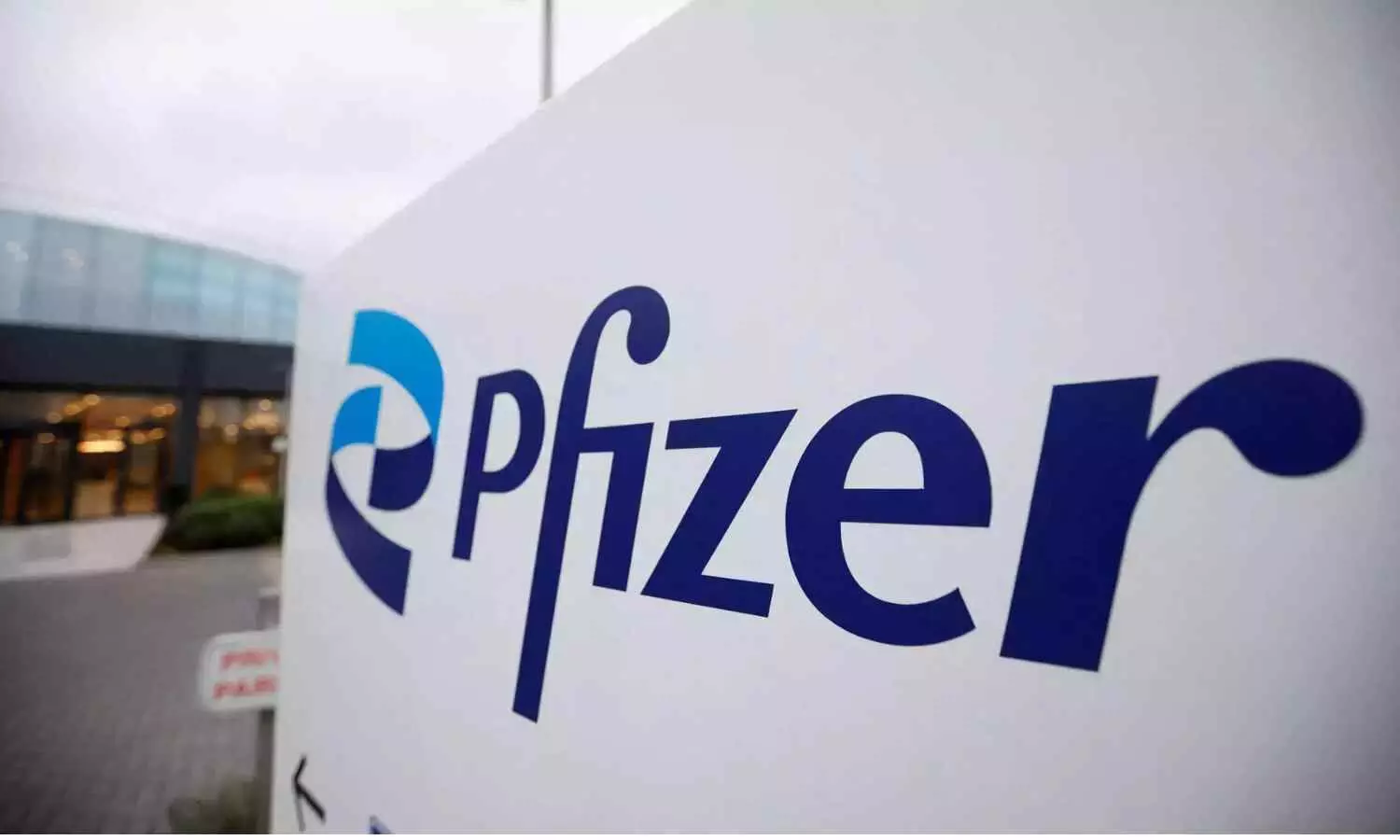The order, issued under Order No. 31015/44/2023-Pricing (E-23444), reinforced the price fixation on Prednisolone, an essential drug, set earlier by the Authority.
The dispute arose after NPPA issued a price ceiling order on February 2, 2023, under S.O. No. 484(E), setting maximum retail prices for various strengths of Prednisolone tablets, which Pfizer subsequently challenged. Pfizer argued that its product Wysolone DT, a dispersible tablet containing Prednisolone, should not be equated with plain tablets in NPPA’s pricing framework due to its unique dosage form.
Pfizer contended that the NPPA has erred in setting the ceiling price of a drug they manufacture and seeks a revision of this price. Their main argument centered around the nature of their product, Wysolone DT tablets, which are available in 5mg, 10mg, and 20mg strengths and contain the active ingredient Prednisolone in a dispersible form. Initially, Wysolone DT was classified as a scheduled formulation under the 2011 National List of Essential Medicines (NLEM) and included in Schedule-I of the Drugs (Prices Control) Order (DPCO), 2013. However, on March 10, 2016, Schedule-I was amended to replace NLEM 2011 with NLEM 2015. This change effectively excluded dispersible tablets such as Wysolone DT, making them non-scheduled formulations under the DPCO, 2013. Despite this, the NPPA continued to treat Wysolone DT as a scheduled formulation, issuing a show-cause notice on March 8, 2018, followed by a demand notice on June 20, 2018. In response, Pfizer filed a writ petition before the Bombay High Court (Pfizer Limited & Anr vs. Union of India), which granted interim relief by observing that innovative formulations should not fall under scheduled controls unless specifically mentioned. This order remains in effect as the case is pending final judgment.
In November 2022, the DPCO, 2013, was further amended to incorporate NLEM, 2022, which lists Prednisolone formulations, including various modified-release types. Following this amendment, the NPPA uploaded draft ceiling price calculations on December 1 and 2, 2022, which included Wysolone DT under the categories for 5mg, 10mg, and 20mg dispersible tablets. In response, Pfizer submitted objections against Wysolone DT’s inclusion in ceiling price calculations intended for plain tablets. They argued that the NPPA draft calculations did not accurately reflect the price-to-retailer (PTR) for Wysolone DT, which they reported as INR 0.71, INR 1.29, and INR 2.31 per unit for the 5mg, 10mg, and 20mg tablets, respectively. Despite these objections, the NPPA issued a final price notification on February 2, 2023, setting ceiling prices for Prednisolone plain tablets (5mg, 10mg, and 20mg) at INR 0.61, INR 1.07, and INR 2.14 per tablet, respectively. These prices matched those in the draft calculations and ignored the Applicant’s argument for separate pricing.
Pfizer maintained that under the DPCO rules, the distinction between plain and dispersible tablets should have led to separate ceiling prices for each dosage form. This differentiation in pricing has been consistently recognized across past DPCO versions (1987, 1995, and 2013). They argued that, according to Paragraph 11 of the DPCO, 2013, each dosage form requires an individual ceiling price. Furthermore, they asserted that the amended NLEM, 2022, reinforces the distinction between plain and dispersible tablets, recognizing the unique formulation of dispersible tablets as requiring distinct consideration for pricing. Pfizer contended that Wysolone DT’s formulation is clearly a different dosage form from plain tablets, and thus its price should not have been grouped under NPPA’s general ceiling price calculation for Prednisolone plain tablets.
Pfizer concluded that the NPPA’s current price notification for Prednisolone is fundamentally flawed, as it applies a single ceiling price to both plain and dispersible tablets. They emphasized that the prices fixed by NPPA are incorrect, and the PTR of INR 0.71, INR 1.29, and INR 2.31 for Wysolone DT should be recognized without limitation. Despite multiple representations by Pfizer, the NPPA allegedly disregarded the request to acknowledge Wysolone DT as a dispersible tablet and proceeded to impose an incorrect ceiling price, a decision that Pfizer claimed should not apply to their product.
Also Read: Pfizer wins bid to invalidate 2 GSK patents relating to RSV vaccine
In response to the allegations, NPPA stated that the review is not valid for several reasons.
The Authority explained the approved methodology it uses to determine the pricing for Modified Release (MR) and Conventional Variants of drugs. According to this method, when an MR variant is specifically mentioned in a formulation, only data for MR variants (such as Controlled Release (CR), Sustained Release (SR), Extended Release (XL), and Delayed Release (ER)) are used to set the ceiling price. However, if MR is not specifically listed, data from both MR and conventional variants are included in the price calculation. This approach also applies to dispersible tablet forms (DT), effervescent, soluble, or mouth-dissolving (MD) variants: if a variant is explicitly listed, only that specific variant’s data is considered, but if no variant is mentioned, DT and other non-conventional forms are grouped with conventional forms in the price fixation. The NPPA clarified that this same methodology was employed in setting ceiling prices under NLEM 2015, following a resolution from the 105th Authority meeting.
NPPA argued that MR variants are essential for life-saving medications, and removing them from price control would contradict the goals of the National List of Essential Medicines (NLEM). The updated Schedule-I of DPCO specifically states that “all modified release formulations of the same strength, such as sustained release, controlled release, extended release, prolonged release, etc., are included” to ensure these variations remain within price regulation.
The NPPA further supported its methodology with examples. In the case of “Metformin 500mg,” where neither conventional nor modified release was specified, both variants were included under Schedule-I, and a unified ceiling price was applied to all variants. In contrast, for “Metformin 1000mg” and “Metformin 1000mg MR,” where both conventional and MR variants were listed, separate prices were set for each. The NPPA argued that if the Applicant’s suggestions were followed, MR variants would not be regulated if only conventional forms were mentioned, undermining price control over essential modified-release drugs.
Regarding the ongoing legal case in the Bombay High Court, the NPPA acknowledged that a stay order was granted in favor of the Applicant concerning specific show-cause and demand notices issued in 2018. However, the NPPA maintained its stance that Wysolone DT falls within NLEM and should be subject to price control, as stated in its Counter Affidavit and Sur-rejoinder. The issue concerning Wysolone DT remains undecided and is still under review by the court.
Examining the matter, the Department observed that the National List of Essential Medicines (NLEM), created by the Standing National Committee on Medicines (SNCM) under the Ministry of Health and Family Welfare (MoH&FW), serves as the foundational basis for Schedule-I of the Drugs (Prices Control) Order (DPCO) 2013. This schedule is updated whenever NLEM undergoes revisions. The most recent update to NLEM was issued on September 13, 2022, and, in accordance with this revision, Schedule-I of DPCO 2013 was amended through Gazette Notification SO No. 5249(E) on November 11, 2022.
It further noted;
“The NLEM is prepared with the objective of satisfying the priority health care needs of the population. The list is made based on disease prevalence, efficacy, safety and comparative cost-effectiveness of the medicines. The aim behind formulating NLEM is to ensure that these medicines are available in adequate quantity, in appropriate dosage forms and strengths with assured quality. NLEM does recognize such innovations in drugs where substantial improvements, effectiveness and efficacy have been introduced either in terms of quality or in the delivery system or both. Accordingly, NLEM mentions such innovative drugs separately under different categories commonly named as Modified Release (MR) versions in the same list where such criteria are fulfilled. When the same is not mentioned separately, then all such varieties of such drugs for the specified dosages are considered to be part of variants appearing in the list. The objective of NLEM, inter alia, is to ensure availability of the essential drugs as well. This objective may be adversely affected by the exclusion of different variants from the NLEM based on criteria such as MR etc., as such exclusion may encourage essential drugs simply moving out of NLEM. This may not be in line with the spirit and purpose of including these drugs in the list of essential medicines in the first instance.”
Regarding the ongoing legal case in the Bombay High Court, DoP stated that while the company has received a stay on certain show-cause and demand notices dated March 8, March 15, and June 20, 2018, the issue surrounding Wysolone DT remains unresolved and is under judicial review. As outlined in NPPA’s Counter Affidavit and Sur-rejoinder, the NPPA maintains that Wysolone DT falls under NLEM and thus remains subject to price control.
Based on the facts and arguments presented in the sections above, NPPA’s rationale and approach were upheld by the department.
Accordingly, the NPPA’s decision to set the ceiling price for the specified formulation under S.O. No. 484(E), dated February 2, 2023 was confirmed. Subsequently, the Review Application was rejected.


